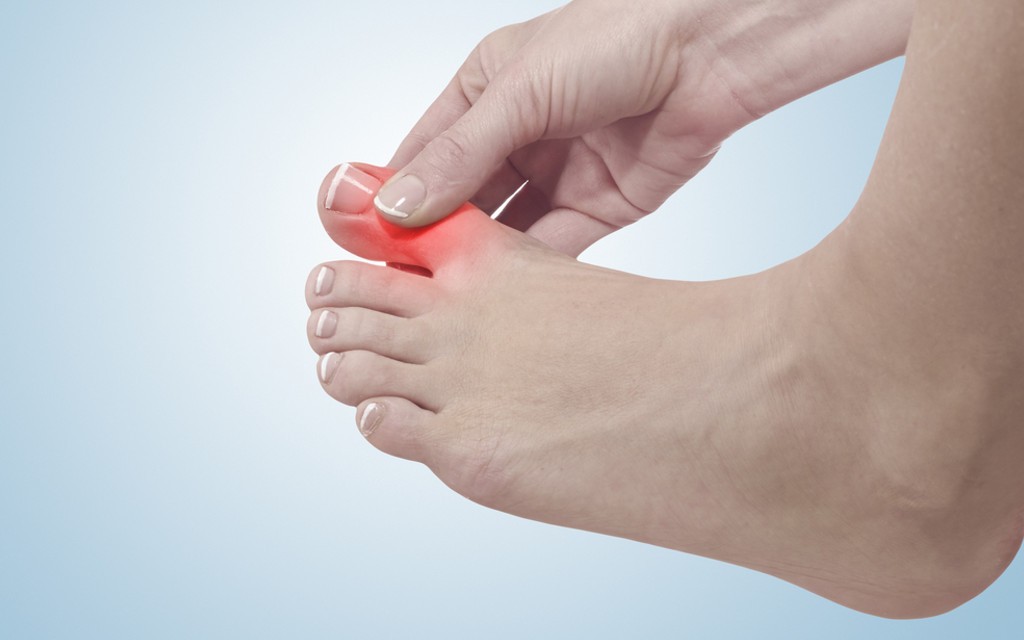Goutbuster! Be aware
Today we are going to talk about the most common type of inflammatory arthritis. It’s more common in men and you’re more likely to get it as you get older!
Gout is a common form of arthritis that can affect anyone. It’s characterized by sudden, severe attacks of pain, swelling, redness and tenderness in one or more joints, most often in the big toe.
An attack of gout can occur suddenly, often waking you up in the middle of the night with the sensation that your big toe is on fire.
Gout happens when there’s a buildup of uric acid in your body. Gout symptoms come and go (recur) in episodes called flares or gout attacks.
Eating or drinking foods high in purines are more likely to lead to high uric acid levels in your body that cause gout, including sugary drinks and sweets, alcohol and red meat.
Gout Prevention
Preventing gout attacks involves making lifestyle modifications and managing underlying risk factors to reduce the buildup of uric acid in the bloodstream. Here are some strategies for preventing gout:
- Maintain a Healthy Weight. Being overweight or obese increases the risk of gout. Losing weight through a combination of healthy eating and regular exercise can help lower uric acid levels and reduce the risk of gout attacks.
- Eat a Balanced Diet. Limit intake of foods high in purines, such as red meat, organ meats (liver, kidney), shellfish and certain types of seafood (anchovies, sardines). Instead, focus on a diet rich in fruits, vegetables, whole grains and low-fat dairy products, which may help lower uric acid levels.
- Stay Hydrated. Drinking plenty of water helps to flush excess uric acid from the body and may reduce the risk of gout attacks. Aim for at least 8-10 glasses of water per day or more if you’re physically active or live in a hot climate.
- Limit Alcohol Consumption. Alcohol, especially beer and spirits, can increase uric acid levels and trigger gout attacks. Limit alcohol consumption, particularly beer, which is high in purines.
- Avoid Sugary Drinks. Sugary beverages, such as soda and fruit juices, have been associated with an increased risk of gout. Choose water or unsweetened beverages instead.
- Exercise Regularly Regular physical activity can help lower uric acid levels and maintain a healthy weight. Aim for at least 150 minutes of moderate-intensity exercise per week, such as brisk walking, cycling or swimming.
- Limit Fructose Intake. High intake of fructose, found in sugary foods and beverages, has been linked to an increased risk of gout. Limit consumption of sugary foods, including sweets, desserts, and sweetened beverages.
Are you suffering from any foot condition? At The Chelsea Clinic, we can help. One of our podiatrist can assist and then recommend what treatments are best to get you back on track. Podiatrist South Kensington
Schedule an appointment here or you may call us at +44 (0) 207 101 4000.
We hope you have a feetastic day!
-The Chelsea Clinic and Team




